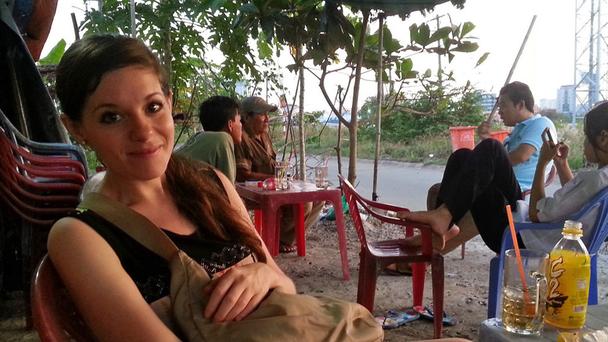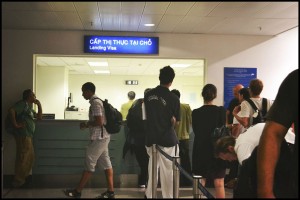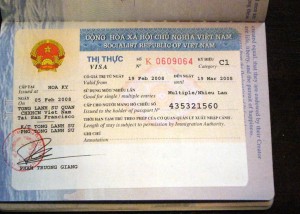How I quit my job to travel: The corporate lawyer

When people hear how I quit my job as a lawyer after six years of corporate work, they assume I burned out and fled the nine-to-five (or, more accurately, the nine-to-midnight), leaving contracts, negotiations and lawsuits behind.
In reality, I long had aspired to travel the world for a year, inspired by a documentary I saw in high school about trans-Siberian trains. Staring at the screen, watching birch trees and snow and a railroad track running for thousands of kilometres, I resolved to take the journey from St Petersburg to Mongolia’s Ulaanbaatar myself. Almost a decade later, those trains were a huge part of why I gave notice at my law firm to do a round-the-world trip, but over the years, my fantasy trip to Siberia had morphed into a trip to… everywhere. I wanted to see as much of the world as I could in a year. I expected to return to practicing law thereafter, hopefully working in the public sector instead of a private firm.
I quit my job in March 2008. Now, six years later, where I am today surprises me as much as anyone else. My website Legal Nomads – which I started so my mother could keep track of my wanderings – has grown to a million views a year. I freelance about travel and food for various publications around the world, I work as a social media consultant, I’m a public speaker and I’m a brand ambassador for Canadian travel company G Adventures.
And some of the lessons I learned to get here were intangible.
For one, despite the stereotypes associated with long-term travellers or career changers, I did not start travelling with the purpose of “finding myself”. Others I have met on the road echo the same, saying they did not take off for the purposes of self-discovery, even if it was a fun by-product. Plus, if you reframe a decision to quit your job as a practical learning experience versus something more stereotypical, it goes a long way toward convincing those around you to support your choice. When I quit my job, many people said I was making a huge mistake I would regret – feedback that left me feeling dejected. But I found that talking about how my sabbatical would be centred on the history of places I longed to visit, and how I planned to volunteer my skills as a lawyer where I could, helped to keep the conversation positive.
Secondly, it is important to let go of the external pressure to “find your passion”, an expectation that especially affects those who left a traditional career path. Those that don’t run the risk of falling into the “passion trap”, the idea that figuring out what you “love” in life can be to the detriment of your day-to-day living. Instead, that energy can be focused on getting better at the skills you already have, or learning new ones that apply to the life you want.
In my case, I did not quit to begin a new career. But in writing about culture and travel, and learning to experiencing a destination through its cuisine, I found one along the way.
In addition, just as I didn’t suddenly “find my passion” on the road, I didn’t become a completely different person either. For some, leaving things until last minute and seeing what happens is the norm. For my lawyer’s brain, it was rare. Yes, my current lifestyle has made me less risk-averse, and I have spent time in places I was scared to go before I quit my job. I’ve learned, also, not to be rigid about plans and schedules, an approach I would recommend to others. Bookending your travels with open-jaw, long-haul flights makes sense if you have time constraints; otherwise, I would caution against planning too much. Part of the glory in travelling is making friends – and having every day planned takes away the serendipity of journeying to unexpected new places together.







